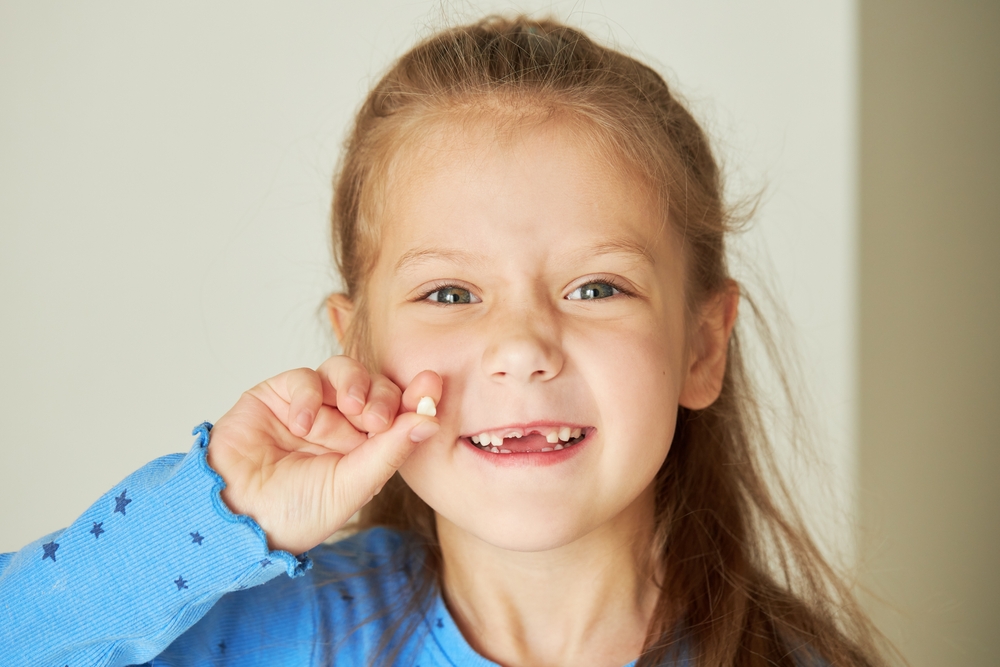
Every child’s smile tells a unique story, and losing that first baby tooth can be one of the most exciting moments of that story. While in North America, kids look forward to the Tooth Fairy, celebrating the loss of a tooth is practiced in some variation across many cultures.
Cultural traditions add meaning and even fun to the moment a tooth falls out, just as Dental Cleanings in Grande Prairie help keep teeth happy and healthy.
Let’s take a trip around the world and learn how families from various cultures celebrate such a memorable occasion.
How is Dental Fairy Celebrated Across the Globe?
North America and the Familiar Tooth Fairy
In Canada and in the U.S., most children place their tooth under their pillow and wait for the Tooth Fairy to leave a coin or little something special.
For parents, this tradition can help make their child’s oral health more engaging.
A Dentist in Grande Prairie may encourage families to experience this moment to teach children about brushing and flossing, explaining to them that no tooth is worth celebrating more than a strong tooth.
Spain and Latin America: El Ratón de los Dientes
In Spanish-speaking countries, children don’t expect a fairy, but they welcome a friendly mouse called El Ratón de los Dientes (or Ratoncito Pérez). This little mouse visits homes at night and exchanges the lost tooth for money or a surprise!
When a baby tooth is lost, the story becomes part of magic passed from generation to generation, which is something for kids to smile about and sufficiently eases fears of losing their teeth.
Asia: Teeth Tossing for Good Luck
In Japan, children throw their lower teeth up onto the roof and their upper teeth down into the dirt and hope their new teeth grow in straight and strong.
This playful act can help the new teeth grow in straight and strong and highlights a common theme which links the teeth with future health, happiness and good fortune.
It’s a reminder that oral health connects deeply with cultural beliefs.
Middle Eastern and African Traditions
In some Middle Eastern countries, children throw their teeth toward the sun while wishing for strong replacements.
In parts of Africa, teeth can be disposed of, hidden and buried, or even given to animals for healthy new growth.
Each ritual may look different, but all represent hope for healthy adult teeth, just as our professional dental care does.
Why These Traditions Matter Today
Regardless of the specific traditions, these customs communicate to children that their teeth have value and should be taken care of.
Parents should use them to talk with their children about brushing, dental check-ups, and visiting a dentist.
Whether it is a Tooth Fairy, a magic mouse, or throwing teeth off the roof, the message is simple: healthy smiles are worth celebrating everywhere!
Smiles That Cross Borders
Whether it is losing a child’s first tooth is a ritual that is greater than a dental event; it is a cultural activity. The traditions or even the spontaneity associated with the event is a source of joy for children and helps with their pride regarding their changing smile.
At Dental Care Centre, we continue to support many families through different stages of dental health, from a child’s first baby tooth, regular cleanings, and into adulthood, because we can all agree that healthy teeth should be celebrated throughout the world.
Book an appointment with our team to give your child a reason to smile even brighter.
FAQs
Why do kids put their teeth under the pillow?
This is part of the Tooth Fairy tradition in North America, where children will get a coin or gift to exchange for their lost teeth. This helps make the process of losing teeth less frightening and more fun.
What happens when a child loses a baby tooth in other countries?
In many places, children toss their teeth, hide them, or give them to animals. These traditions symbolize wishing for strong, healthy adult teeth.
Do these cultural practices replace dental care?
No, traditions are more about fun and culture. Regular dental visits and cleanings are still the best way to keep smiles healthy.
